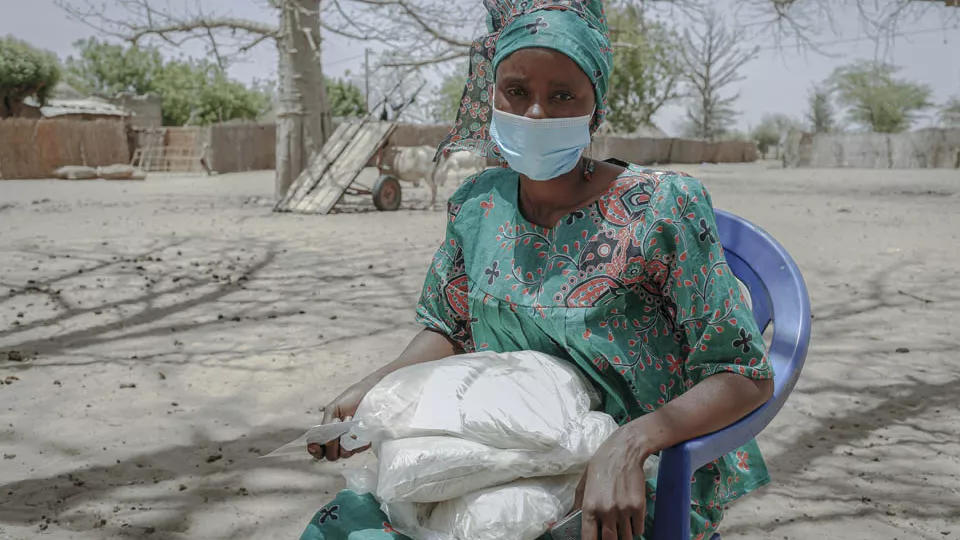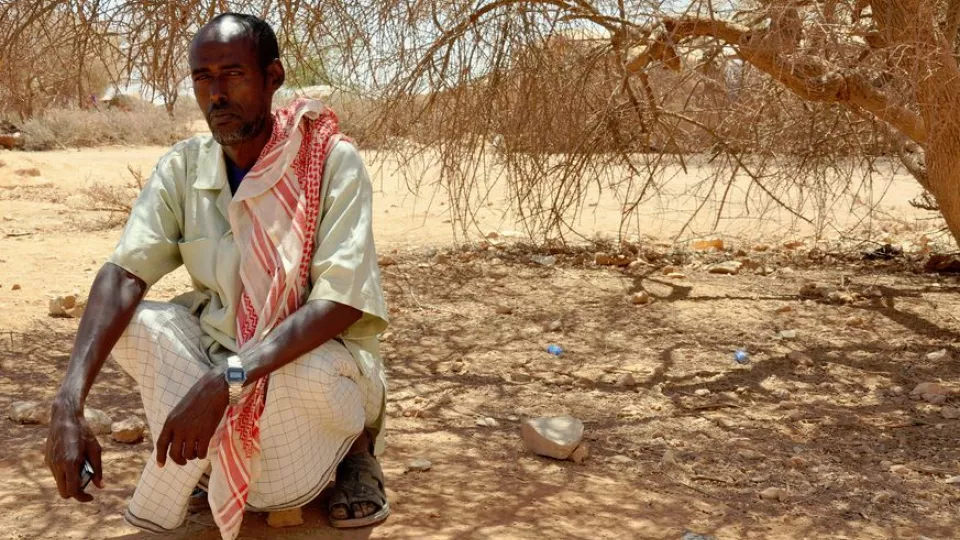
Heatwave Prediction Triggers Release of £36K for Early Action in Karachi
During the heatwave season, temperatures in Pakistan regularly soar above 40 degrees celsius and past heatwaves in the country have been fatal. In order to provide a faster, more localised and proactive response, Start Network developed a predictive model with pre-agreed triggers, which would release pre-positioned funding when the trigger was met.






